Journalists are being strongly urged to protect their communications and information from growing threats. Yet several studies show that most of us in the media, despite believing the danger is real, are not adopting basic protections...



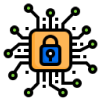
Regardless if you are using a Windows, MacOS or Linux operating system on your computer, you should always install the latest updates. The same rule applies for your iOS or Android phone and/or tablet and any other internet connected device...
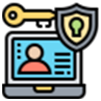
Hackers may target you specifically because of your work and try to gain access to your online accounts to do so. Rule number one: Always create long passwords. Hackers ften use computer programmes that can guess an..
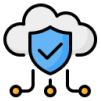
Using a password's manager allows you to store all your passwords in one place. This allows you to generate a very long and secure password for each online service you use, and at the same time you don’t have to memorize it. You will just....
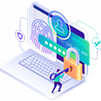
Social media is frequently used by journalists as a means of promoting their work, contacting sources and connecting with colleagues. But with increased use comes increased risks. The safety of many freelance journalists has...
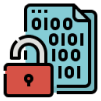
Using encrypted emails for sensitive content means that the content of your email is encrypted and can only be decrypted by the recipient. The recipient will also need to use end-to-end encrypted email. Be aware that the title of your....

The internet collects and stores information that you and others post online. It also records data about you from the way you search for information online, including your routines, habits, locations and focus areas of your work. All of this ....

The first doesn’t apply only to journalists, but everyone else. Your password is the first line of defense for your online accounts and you need ...

Everywhere you go on the Internet, you leave digital footprints in the form of cookies. Get into the habit of deleting these as well as...

Speaking of digital footprints, none is as big as your IP address. You’ll leave it everywhere you go like a kid who just stole some chocolate...

Although The onion router has a somewhat dark reputation as a place where criminals of all types congregate...

The very notion of installing encryption tools like OpenPGP might scare a lot of journalists, but this is necessary if...

Nulla quis lorem ut libero malesuada feugiat. Vivamus magna justo lacinia eget consectetur sed convallis at tellus.
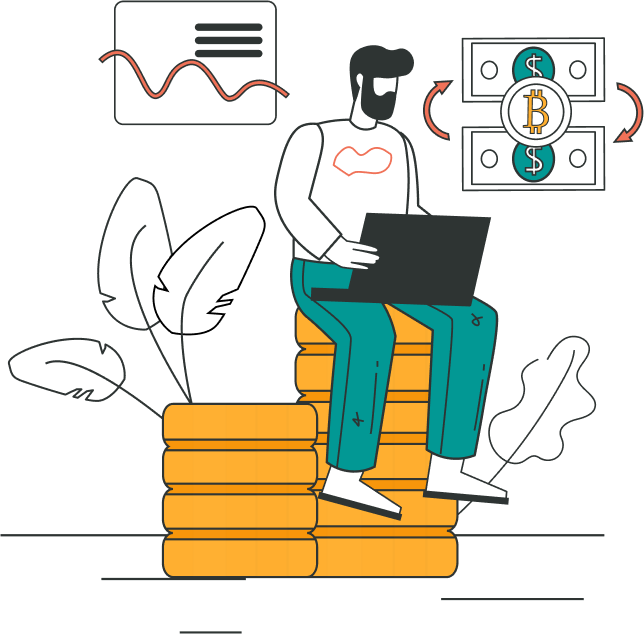

Freelance journalists frequently use email to communicate with editors, colleagues and sources, as well as family and friends. As a result, your account will likely contain a significant amount of data about you and your contacts, so if your email is compromised it could put you, your family, your colleagues and your sources at risk.
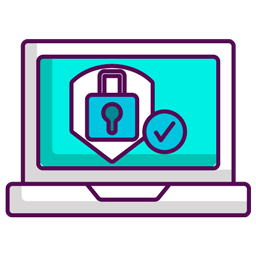
A computer is a key component of any freelance journalist’s kit. They are used to research and produce stories, contact sources, communicate with editors, talk to family members and store information and materials, so it’s vital that you take care of your computer and minimise the risk of theft, damage and infection from viruses...
“This project is financed under the TechCamp Kosovo small grant program, funded by the Bureau of Educational & Cultural Affairs through the U.S. Embassy Pristina, Kosovo, in partnership with FLOSSK.“
